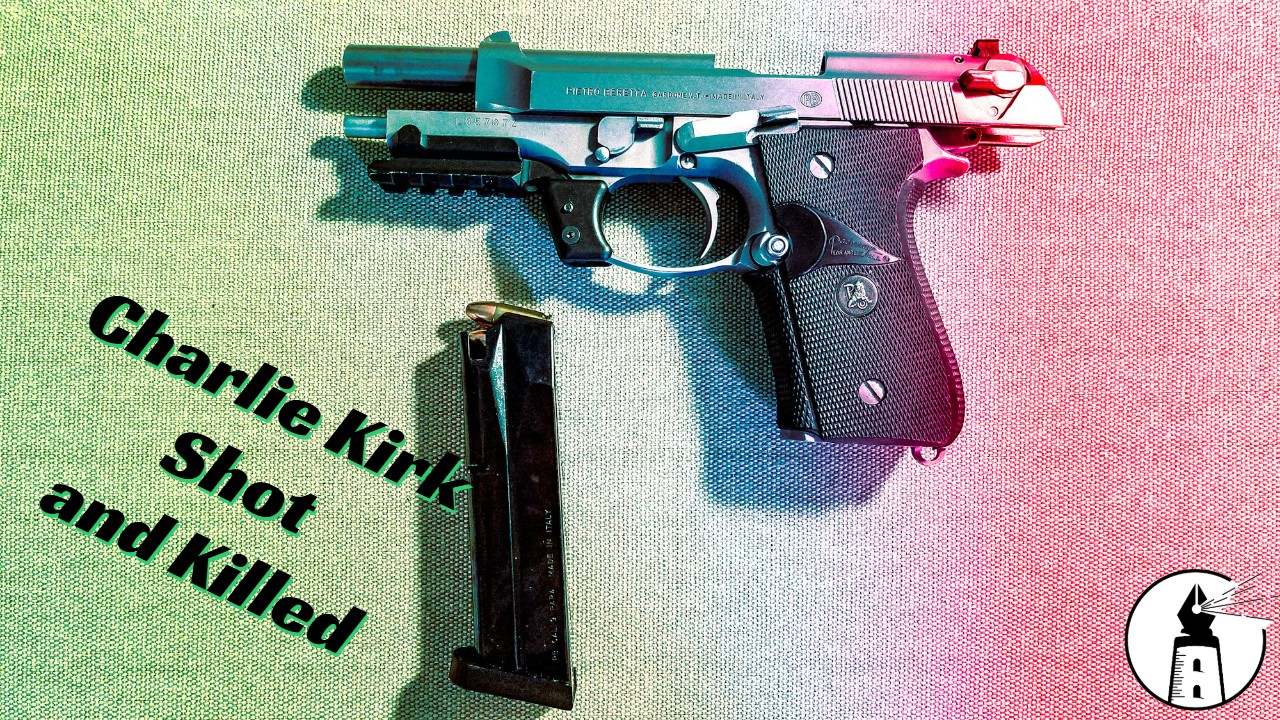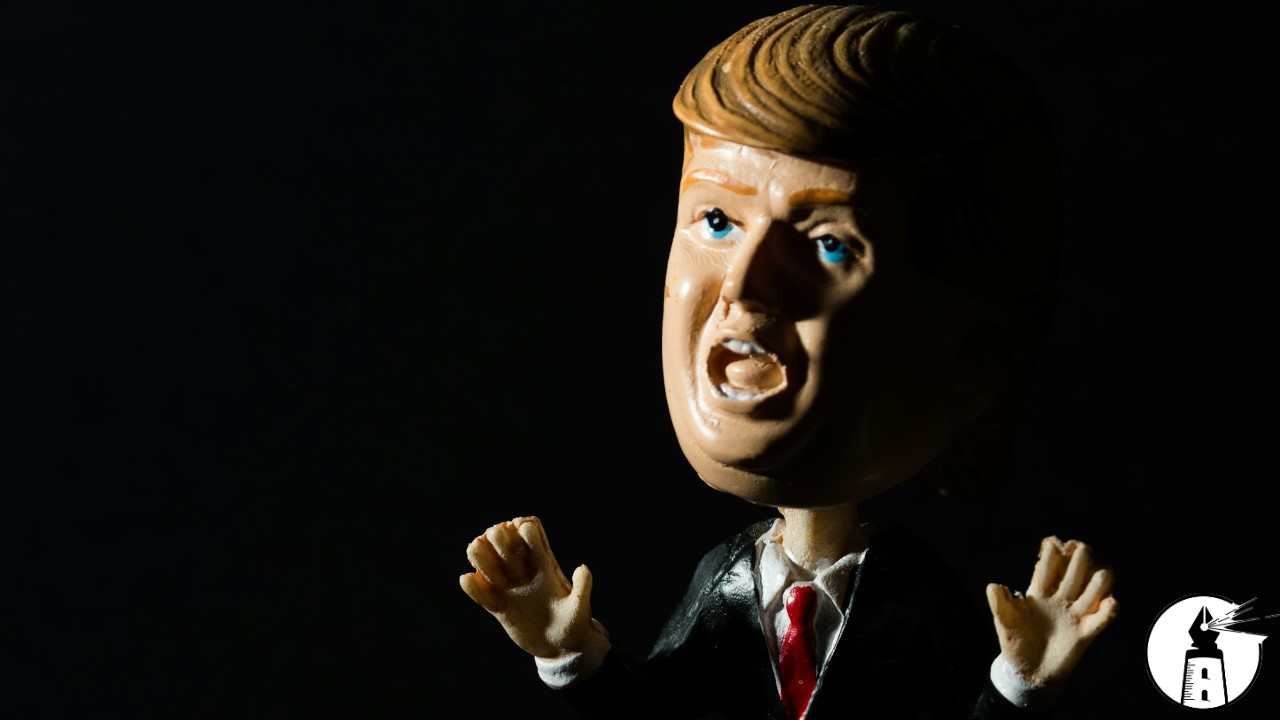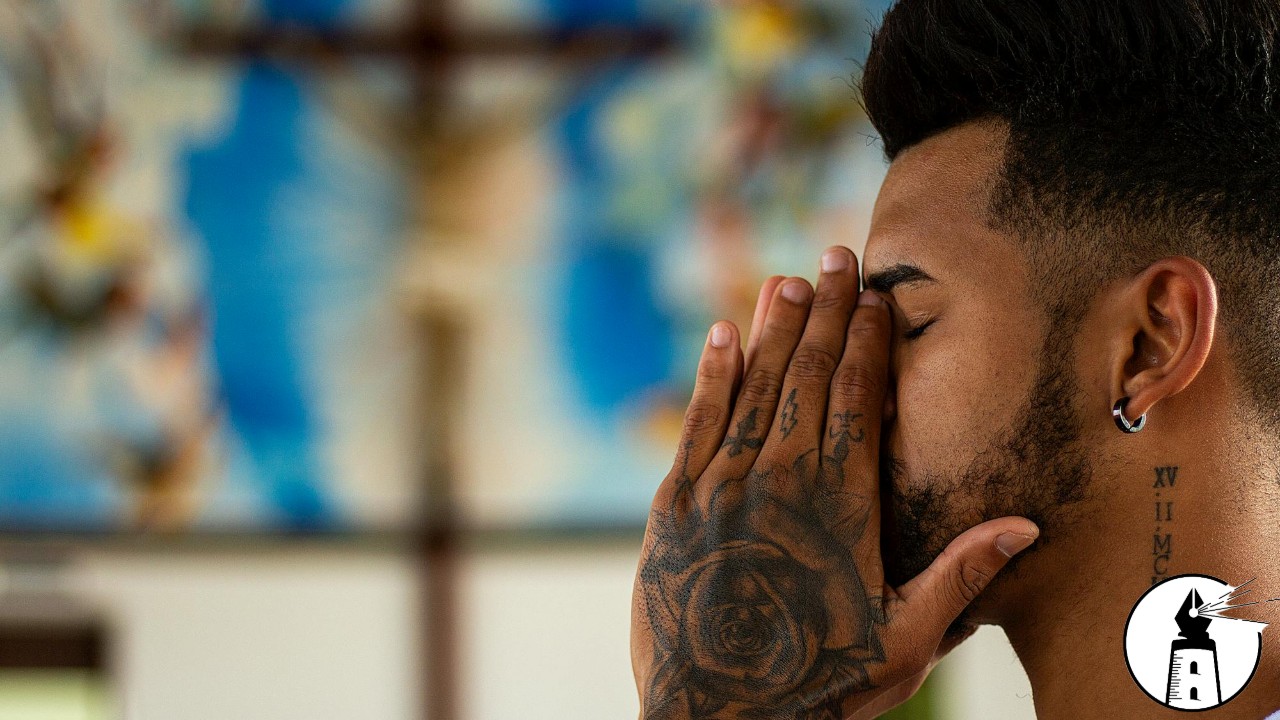Charlie Kirk, the co-founder of Turning Point USA and one of the most recognizable faces of modern conservative activism, was shot and killed while speaking at Utah Valley University. He was only 31. The event was part of his “American Comeback Tour,” a 14-city swing meant to engage college students and young conservatives. Witnesses reported that Kirk was answering a question about mass shootings when gunfire erupted. Among those in attendance was former U.S. Representative Jason Chaffetz, who recalled seeing Kirk collapse as chaos broke out.
The killing reverberated far beyond the conservative movement. President Donald Trump, who credited Kirk with energizing a generation of young Republicans, mourned him publicly, calling him a figure who “had the Heart of the Youth” and someone he admired personally. Across the political spectrum, leaders expressed alarm at yet another instance of violence targeting political figures, adding Kirk’s name to a troubling series of high-profile attacks in recent years.
Kirk’s career began as a teenager, first gaining national attention when he criticized what he saw as liberal bias in high school textbooks. He briefly attended Harper College before leaving to become a full-time activist. With businessman Bill Montgomery, he founded Turning Point USA in 2012, building it into a powerful organization backed by major Republican donors. The group became central to the conservative grassroots ecosystem, especially on college campuses where Kirk thrived in confrontational debates that often went viral online.
Gun rights were one of Kirk’s most consistent positions. He rejected restrictions on firearms and often framed the Second Amendment as non-negotiable. At a Turning Point USA Faith event in 2023, shortly after the Nashville school shooting, he declared that “you will never live in a society when you have an armed citizenry and you won’t have a single gun death.” He admitted the reality of gun fatalities but argued that they were “a prudent deal” for liberty. He compared gun deaths to automobile fatalities, describing them as the price society pays for freedom. Critics excoriated these remarks, pointing to data showing firearms had become the leading cause of death among American youth. Yet Kirk held firm, calling such costs part of the reality of preserving constitutional rights.
Now, his own life has been claimed by the same phenomenon he defended. But while his political rhetoric was polarizing, his death is not a moment for celebration. Political violence corrodes democracy regardless of who it targets. The assassination of Minnesota House Speaker Melissa Hortman earlier this year and the murder of Brian Thompson, the CEO of UnitedHealthcare, by Luigi Mangione both serve as reminders that such acts only deepen divisions and inflict needless suffering. Hortman and Thompson came from very different walks of life, yet their deaths underscore the same reality: that violence in the political and civic spheres serves no one and only destabilizes societies already fraught with tension.
It is fair to recognize that Kirk’s positions on guns were controversial and that his arguments drew condemnation from many who feared the consequences of such absolutism. It is equally fair for his opponents not to grieve his passing. But turning his death into a punchline or a point of ridicule serves only to dehumanize and perpetuate cycles of hatred. You do not have to mourn Charlie Kirk, yet his death should not be mocked, because the moment we start to cheer the silencing of a voice through bloodshed, we abandon the very principles of liberty and dignity that make political disagreement possible. In that moment, we do not triumph over our adversaries; we simply prove that violence has the final word.
—By Greg Collier



